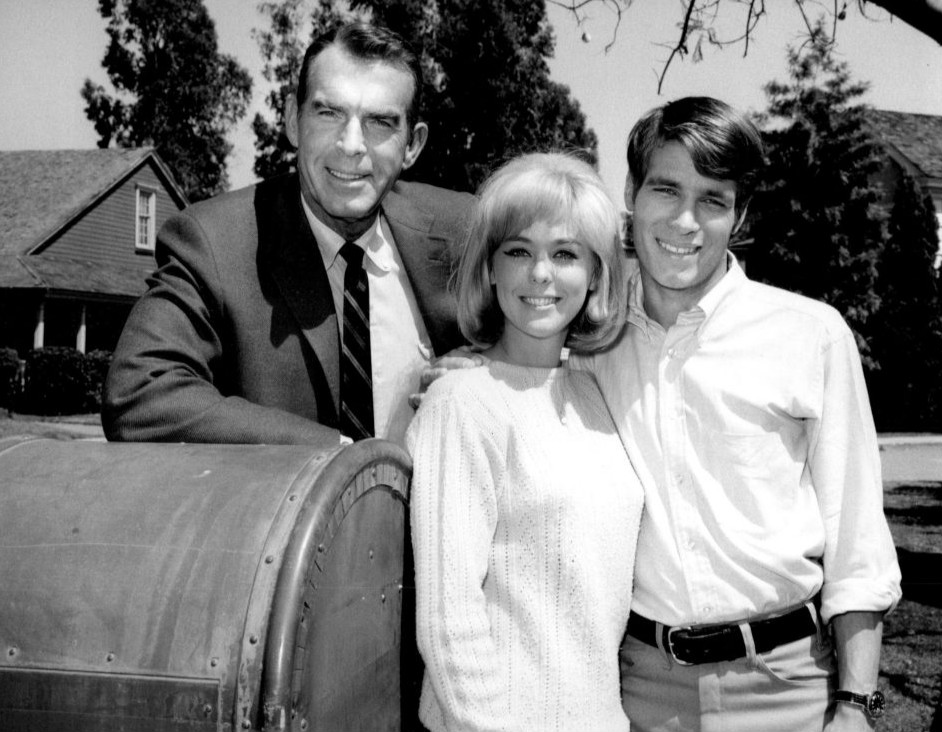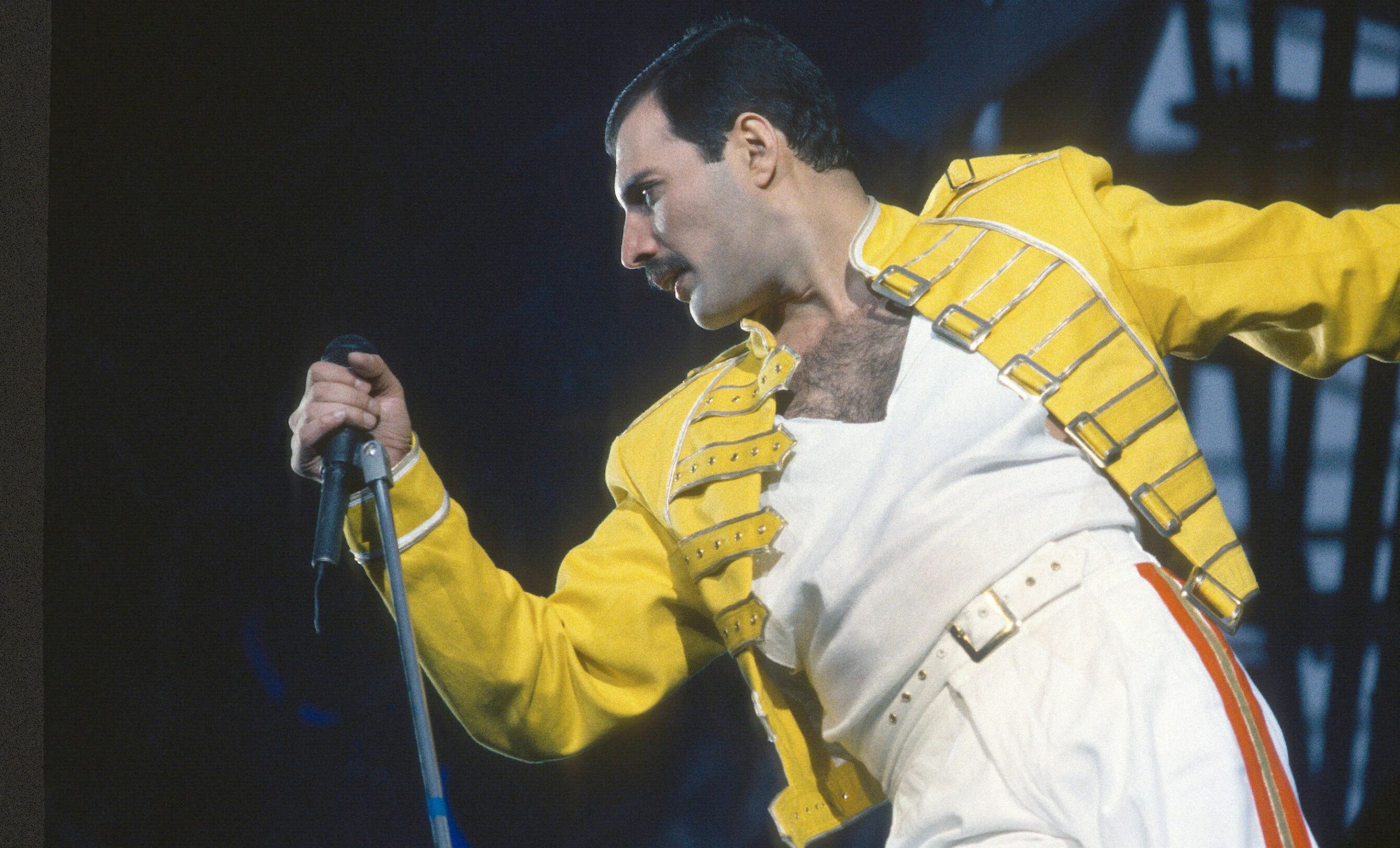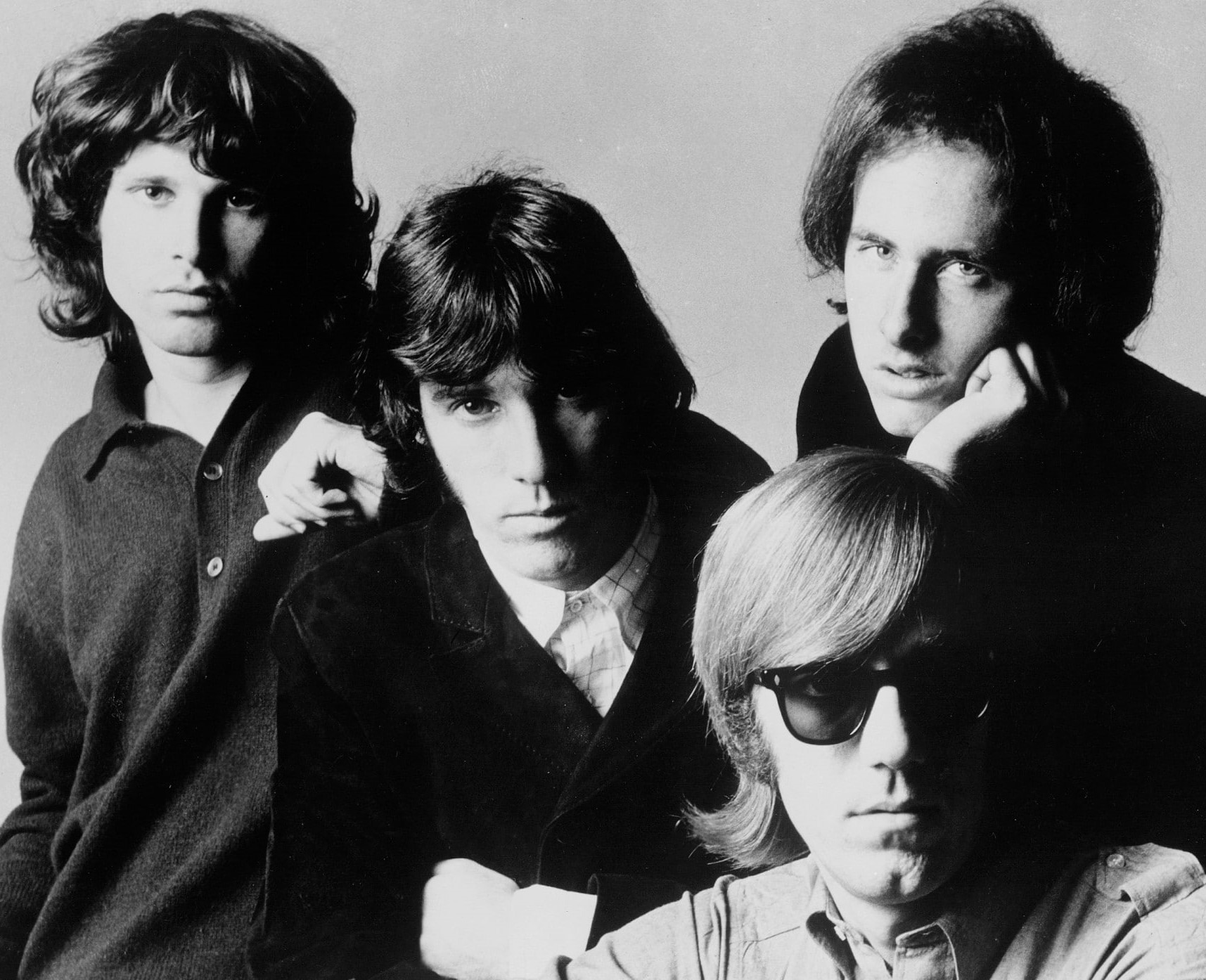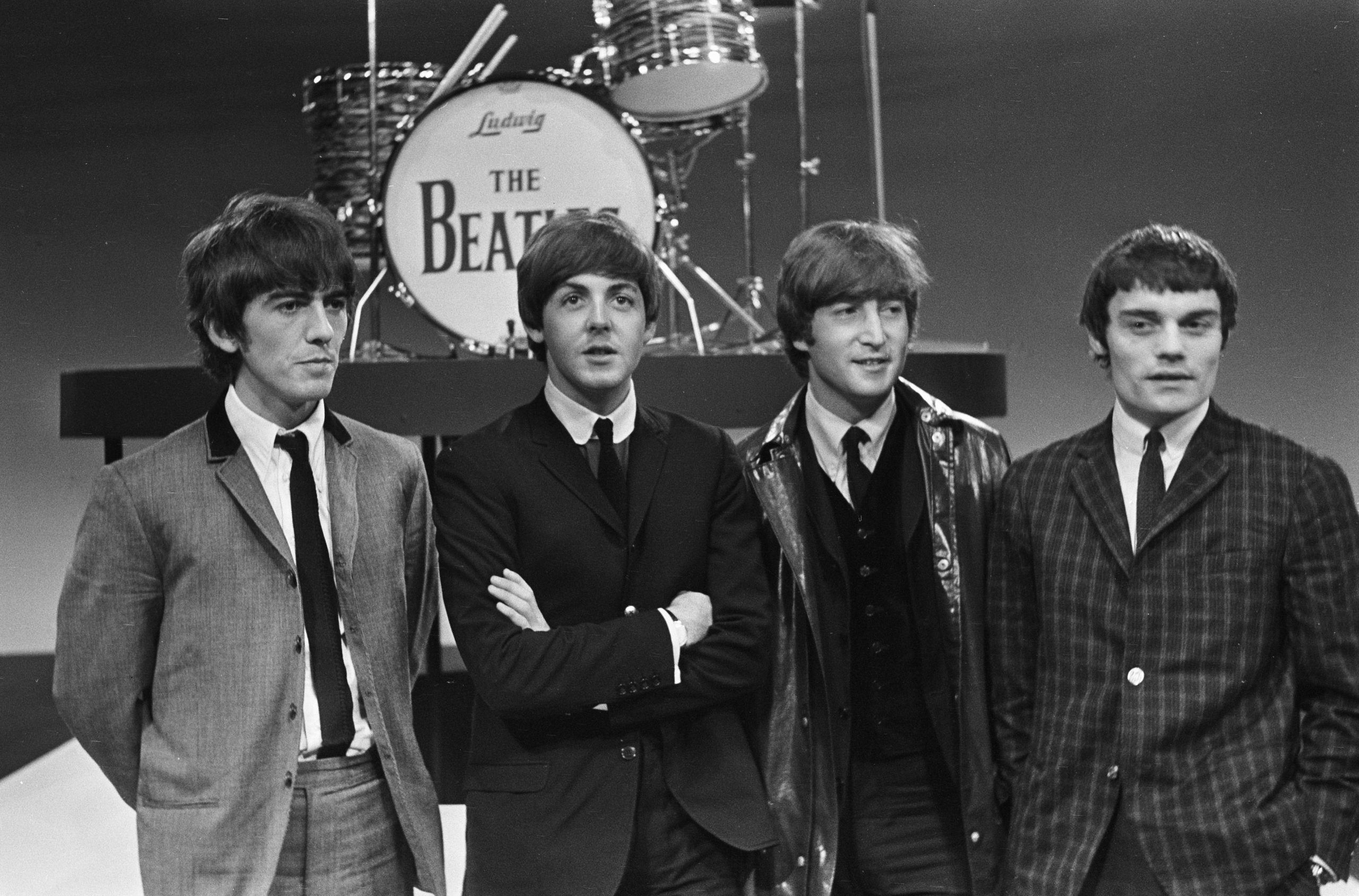Most former child stars who chase music careers end up as cautionary tales or reality TV fodder. Don Grady took a different path—one that led from Mickey Mouse ears to legitimate musical composition and a sunshine pop hit that still gets radio play.
The Yellow Balloon and Beyond Robbie Douglas
His band scored a chart hit while he was still playing the wholesome middle son on primetime TV.
While audiences knew him as Robbie Douglas on “My Three Sons,” Grady was moonlighting as drummer for The Yellow Balloon, whose 1967 single “Yellow Balloon” captured that era’s optimistic pop sound. This wasn’t some vanity project—the song reached #25 on the Billboard Hot 100 during the Summer of Love, proving Grady could hold his own in the studio.
On his sitcom, he performed with The Greefs, an on-screen band that let him showcase real musical chops between family-friendly storylines. This dual career approach was practically unheard of for TV regulars in the 1960s, making Grady an early pioneer of the actor-musician crossover.
From TV Themes to Vegas Spectacles
His compositional work stretched from daytime television to Michael Crawford’s Las Vegas extravaganza.
Grady’s musical evolution mirrors today’s genre-fluid artists who refuse single-category confinement. He composed the theme for “The Phil Donahue Show”—heard by millions of daytime viewers for years. Later, he scored Blake Edwards’ film “Switch” (1991) and created music for “EFX,” the Michael Crawford-led Las Vegas spectacular.
His solo albums “Homegrown” (1973) and “Boomer” (2008) bookended a career that spanned from early ’70s singer-songwriter intimacy to modern generational commentary. Unlike many child stars who treated music as a desperate pivot, Grady approached composition with the same professionalism he brought to acting.
The Family Business Advantage
Growing up in a talent agent household provided industry insight that most child stars lacked.
Grady’s mother, Mary, served as a prominent Hollywood talent agent, while his sister, Lani O’Grady, found success on “Eight is Enough” before becoming an agent herself. This insider perspective likely helped Grady navigate career transitions that derailed many contemporaries.
He understood the entertainment machinery from multiple angles—performer, composer, and industry insider—rather than just the star-facing side that often leaves former child actors unprepared for adult careers. His chart success with The Yellow Balloon and substantial compositional credits demonstrate how family industry knowledge translated into real musical achievement.
Grady’s death from cancer in 2012 at 68 ended a career that proved child stars could evolve beyond their initial fame. His trajectory from Mouseketeer to serious composer suggests that artistic versatility, not just nostalgic appeal, creates lasting entertainment legacies.


























